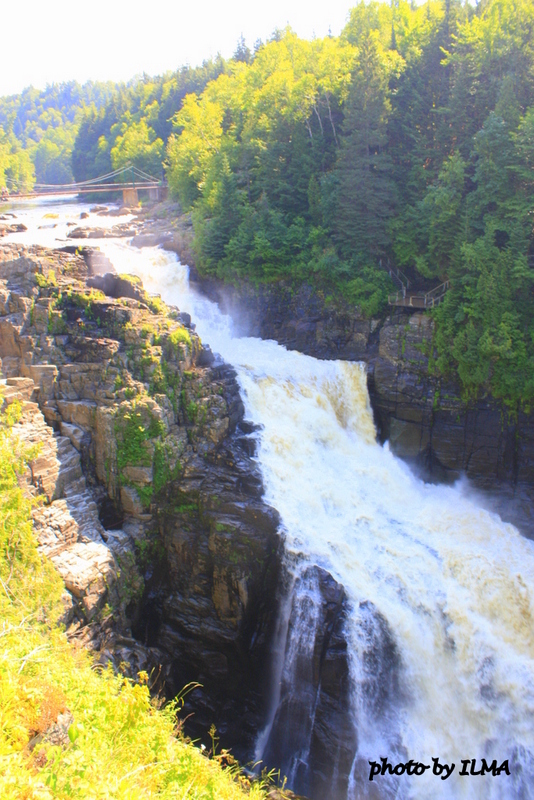January 8
JOHN 2
9 When the master of the feast tasted the water now become wine, and did not know where it came from (though the servants who had drawn the water knew), the master of the feast called the bridegroom 10 and said to him, “Everyone serves the good wine first, and when people have drunk freely, then the poor wine. But you have kept the good wine until now.” 11 This, the first of his signs, Jesus did at Cana in Galilee, and manifested his glory. And his disciples believed in him.
12 After this he went down to Capernaum, with his mother and his brothers and his disciples, and they stayed there for a few days.
– John 2:9-12
JOHN 2 SAVE THE BEST FOR LAST
A poem by ILMA inspired by these verses
When Jesus performed his first miracle in Cana
He did it very secretly in front of the servants only
Yet the evidence of such sign was experienced by many
The best wine was served for last and his followers had faith.
In an article in positivepsychology.com, they speak of the peak–end rule which is how mental shortcuts shape how we see what’s happened and how to use them to make difficult situations more manageable, and enjoyable ones even better. The peak-end bias is another term for the peak-end rule, which refers to the tendency for the most intense and proximate aspects of an experience to disproportionately influence our memory.
In this first miracle of Jesus at Cana, it only mentions that Mary and the servants were the only ones who knew that Jesus made the turning water into wine. In verse 11 though, we hear that the disciples’ faith in Jesus was influenced by this miracle. They obviously knew that Jesus, their Master, made this all possible. The host of the feast had the peak-end bias that he couldn’t believe how the couple reserved the best wine for last. He didn’t know that Jesus made the water turn into the best wine. In my opinion, the peak-end bias could have influenced the disciples to believe in Jesus because of that experience with the wine.
REFLECTION
• Why do you think the timing of the miracle was made towards the last part of the feasting on that wedding at Cana? Why not right away?

